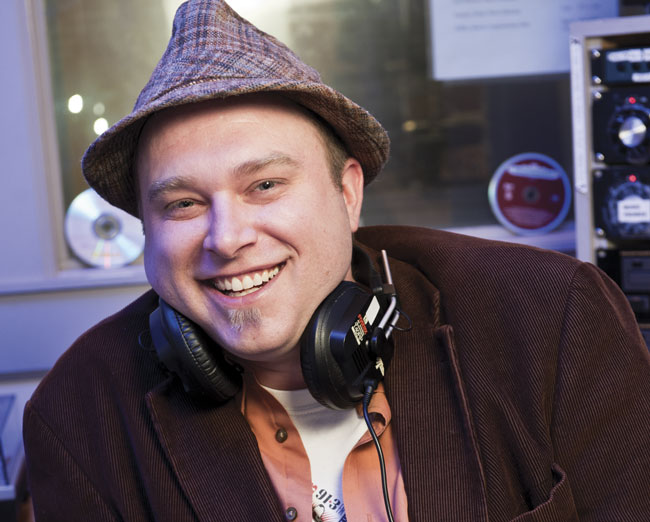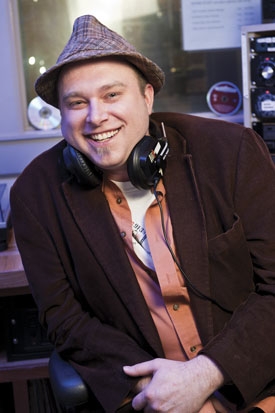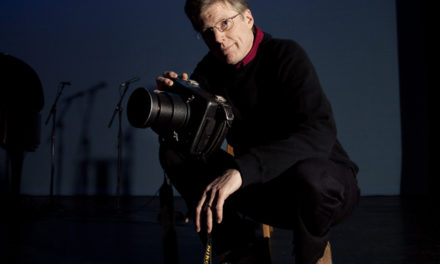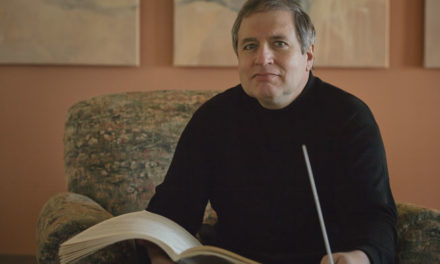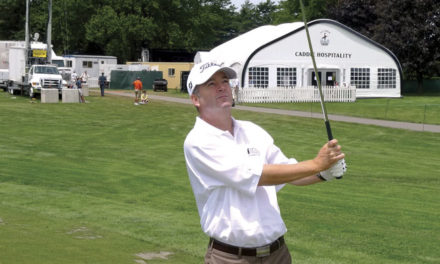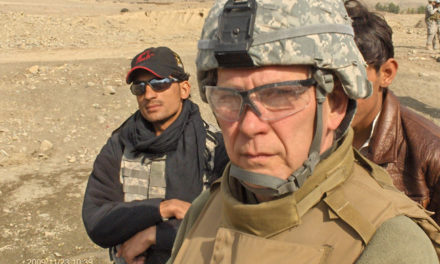BY ADAM KENT-ISAAC
Chad Carrothers, who was recently appointed general manager of WFHB after serving ten years as the station’s news director and five months as interim manager, says his career started with a Tom Waits song.
“When I was sixteen,” says Carrothers, “I had just moved to Nashville, Tennessee. I was scanning through my radio and turned the dial to 91.3, which, ironically, is WFHB’s frequency. And I heard the voice of Tom Waits. The song was ‘Frank’s Wild Years.’ I nearly drove my car into a ditch. I had never heard anything like it. I literally had to pull over and listen for the next half hour.”
When he learned that he had been listening to a student-run station at Vanderbilt University, he knew his future was in radio. “That was what led me here—the idea of noncommercial radio, the idea that some nineteen-year-old kid could have a radio show.”
Carrothers, 37, started at WFHB in 1999, after befriending disc jockey Pat Schneider, whose show he called into after hearing his favorite band Ween. “I struck up a conversation with him, which eventually became a friendship,” Carrothers says, “and later I took over his show. Then I started answering phones and doing news.” In January 2001, under then-manager Ryan Bruce, Carrothers took command of the station’s news department.
“I built the news department from nothing. We had zero volunteers, zero money, and zero staff, and now we have one hundred and four volunteers, two paid staff, and twenty-nine programs.” January 2011, after the departure of manager Will Murphy, Carrothers offered to serve as interim general manager, giving up his role as news director.
“It was a little hard to let go,” he says. “Fortunately our assistant news director January Jones was interested in my job anyway and was chosen to replace me.” On May 24, the board appointed Carrothers the new general manager.
“The idea of shattering the glass wall of one-way communication in traditional media, that all started when I heard Tom Waits, that’s what’s important to me,” he says. “To see people get that ‘aha’ moment when they realize, ‘I can be a producer. I can be a DJ. I don’t have to go to school for that, because we are a school right here.’ They learn how to be citizen-journalists, and that’s very empowering to the individual and to the community.”


